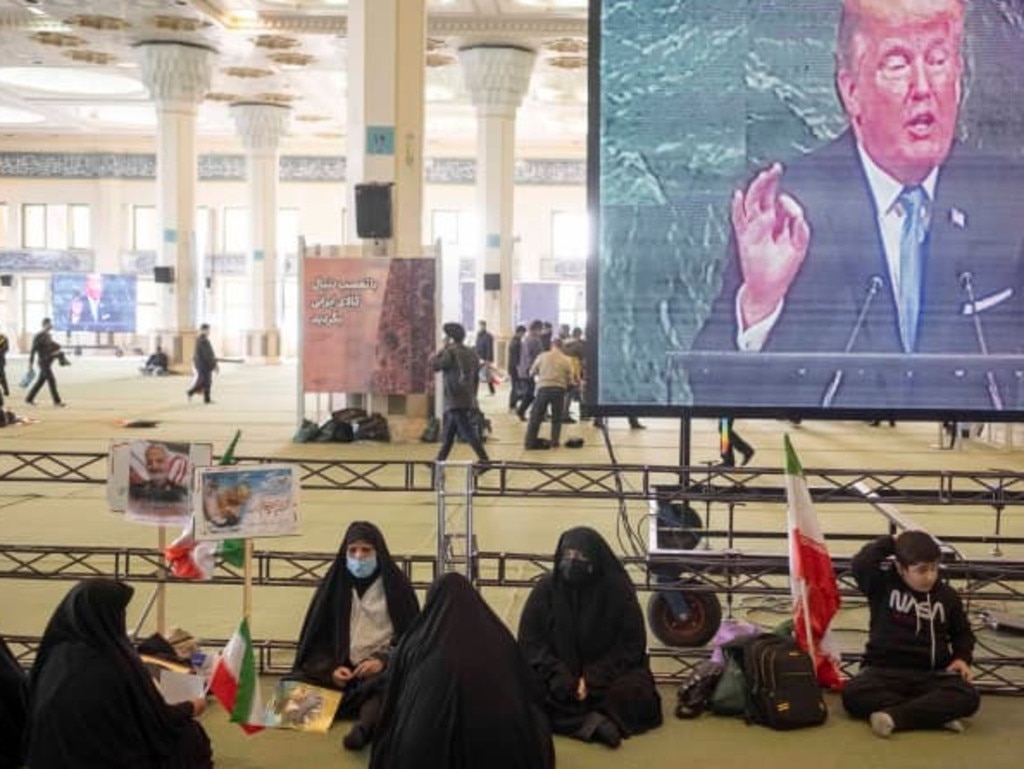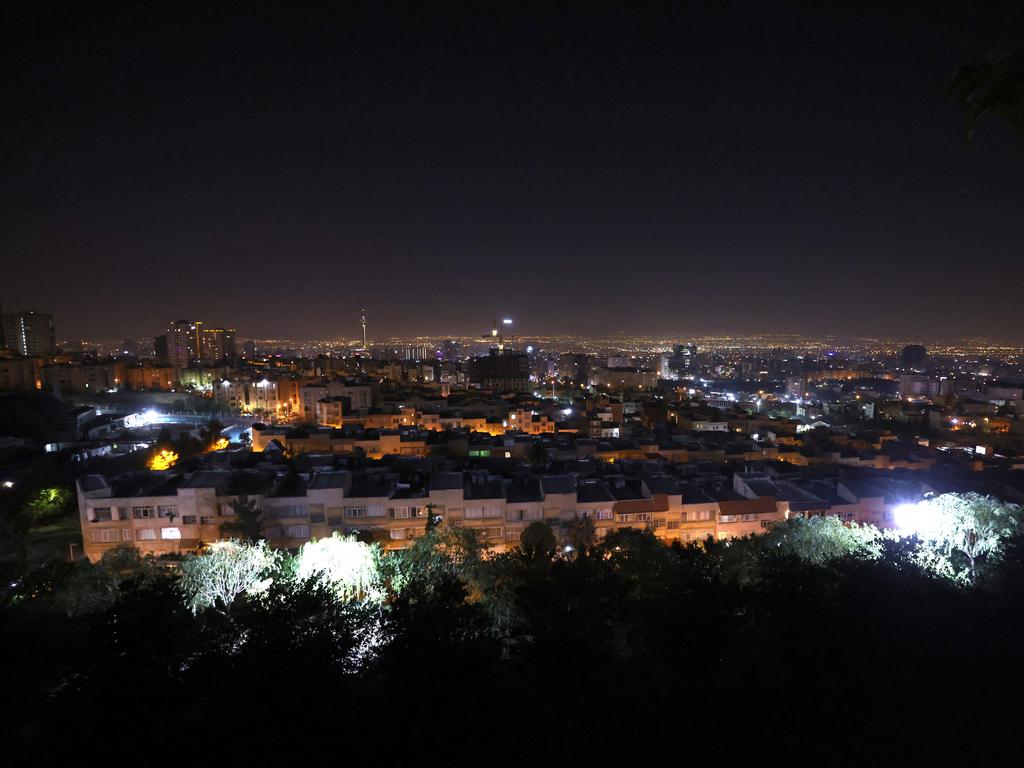Why Israel’s truce with Lebanon could bring Middle East war closer
Some in Israel are pressing for an attack against Iran’s nuclear facilities now Tehran is at a disadvantage.
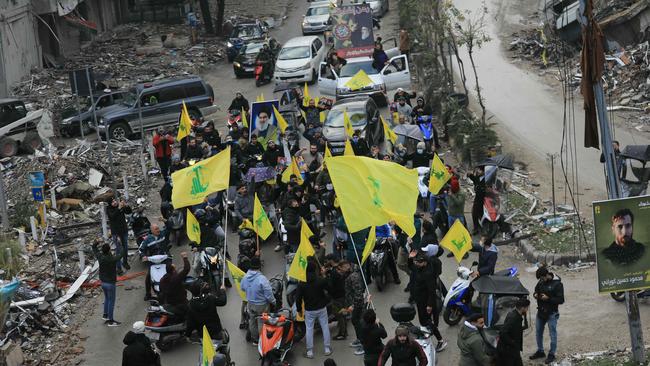
The ceasefire agreement between Israel and Hezbollah brokered this week pulls the Middle East back from the brink of all-out war. But the deal also carries the risk of putting Israel and Iran closer to a more dangerous direct confrontation.
For more than a year, Iran’s cast of allied militias, in which Hezbollah is the central member, has attacked Israel from across the Middle East — the first unified effort by Tehran’s so-called axis of resistance to confront Israel.
Now, degraded and damaged by a year of war with Israel, that unity is showing the first signs of cracking, leaving Iran exposed.
Hezbollah accepted a ceasefire with Israel without extracting concessions for Hamas, its Iran-backed ally in Gaza. The Houthis in Yemen and Shiite militias in Iraq, though still united in their hatred of Israel and the U.S., have lowered the tempo of attacks in recent weeks.
Some in Israel see the weakening of Iran and its militias as a moment to exploit, in particular by targeting Tehran’s nuclear program. Others warn doing so would move the region onto more unstable footing.
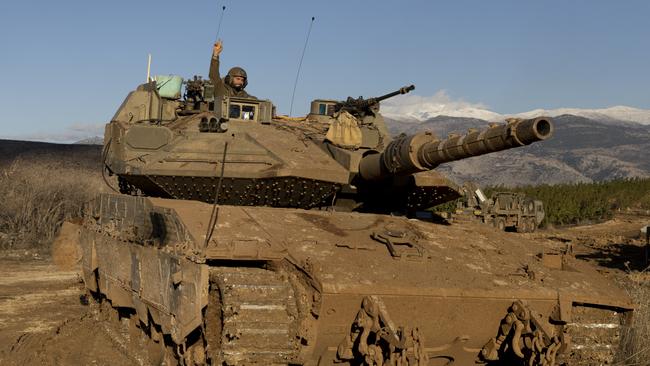
“You could not have better conditions for an Israeli-American campaign against the Iranian nuclear program,” said Avner Golov, a former senior director at Israel’s National Security Council. “The question is whether the right way is military force.” Israeli Prime Minister Benjamin Netanyahu said on Tuesday that a ceasefire in Lebanon would allow Israel to concentrate on preventing Iran from acquiring nuclear weapons, which Israel views as an existential threat. He called doing so his top priority.
Israel has already eliminated much of Iran’s air defences in recent air strikes, Netanyahu said.
Israel has threatened to use military action against Iran’s nuclear facilities if it believes that would be the only way to prevent the Islamic Republic from developing nuclear weapons. Israel’s government has debated such an operation as far back as 2010, according to statements by former Israeli officials.
The current war saw the first direct exchanges of fire between Israel and Iran, including two large-scale missile attacks on Israel and two rounds of Israeli air strikes in Iran, which Netanyahu said targeted the country’s air defences, missile-production sites and a site connected to the country’s nuclear program.
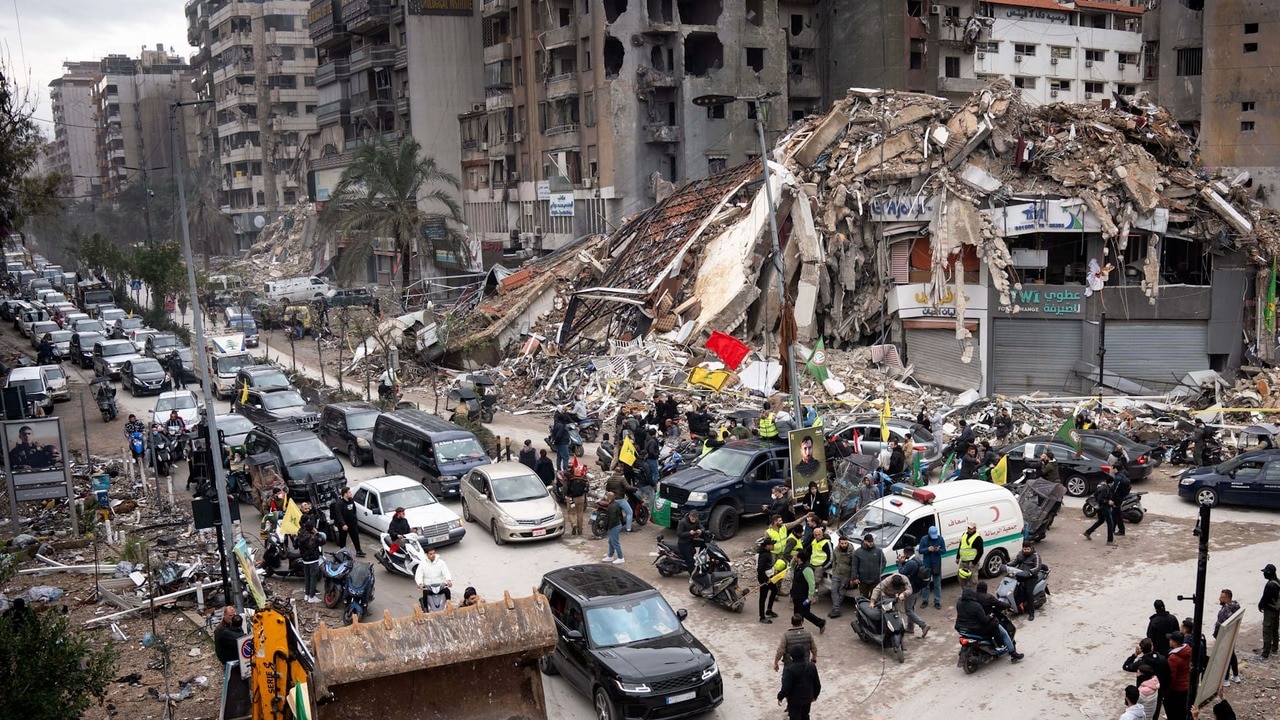
Iran has vowed to respond to the most recent round of Israeli air strikes, which took place in late October.
“This trend is going towards de-escalation,” Yoel Guzansky, a senior fellow at Tel Aviv University’s Institute for National Security Studies. “But what can take us towards escalation is direct confrontation between Israel and Iran.” Until now, discussions in Israel about attacking Iran’s nuclear sites have appeared to be little more than tough talk, because Israel lacked the bombers and bunker busters needed to destroy Iran’s underground nuclear facilities, said William Wechsler, senior director of Middle East Programs at the Atlantic Council. The consensus in Washington has been that the price of such an escalation would potentially be too high, he said.
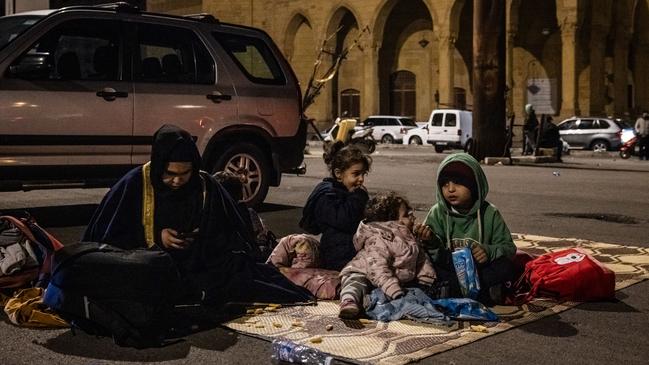
But, with Iran stripped of air defences, and Hezbollah and Hamas in disarray, “I think the odds of strikes on the Iranian nuclear program are materially higher than they have been in the past,” Wechsler said.
Iran’s nuclear facilities are dispersed across the country and some are fortified deep underground, making any attempt by Israel to destroy them a military challenge that could place the region back on the precipice of wider conflict.
Iran’s leaders also are caught in a dilemma. Weaponizing its nuclear program could create the deterrence they’ve lost from their degraded allies, but it would also invite attacks, said Golov, who is now vice president of MIND Israel, a national security advisory group.
President-elect Donald Trump, who has said he wants to end the conflicts in the Middle East, might be open to a one-off operation against Iran, analysts say. Iran plotted to assassinate Trump and he has overseen strategic operations in the past, such as the killing of Iranian military commander Qassem Soleimani in 2020.
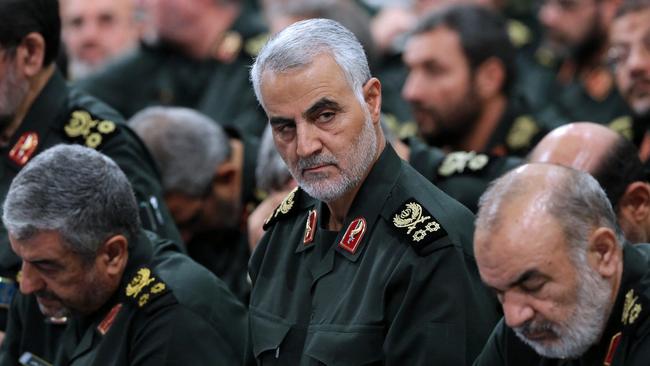
At the same time, Golov said, Israel would be in a bind if Trump prefers to try to make a deal with Iran. Without U.S. support, Israel would struggle to conduct an effective military campaign against Iran, he added.
Iranian officials have been sending signals since Trump’s election that they would be prepared to engage in diplomatic efforts on the nuclear program. Trump has said that he isn’t seeking to oust Iran’s leadership and doesn’t want a conflict with the country.
In his first term, Trump withdrew the U.S. from the Iran nuclear deal, arguing it wasn’t tough enough to prevent Tehran from eventually developing a nuclear-weapons program.
Preventing Hezbollah’s rearmament is also a key goal for Israel, which has increased attacks in recent months inside Syria, the main weapons-smuggling route into Lebanon.
Israel wagers that military pressure, combined with potential economic incentives from The Gulf countries, will convince Syrian leader Bashar al-Assad to abandon his alliance with Iran and close off the smuggling routes.
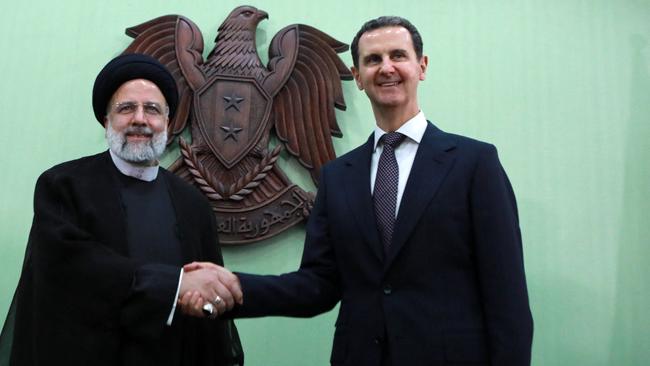
“Assad must understand that he is playing with fire,” Netanyahu said Tuesday night.
With Hezbollah diminished, Israel is free to focus more squarely on Hamas in Gaza. That presents a route toward a quick de-escalation, but also gives Israel the freedom to deepen its military control of the enclave and wage a long-term counterinsurgency.
Hamas on Wednesday said it was ready to go back to the negotiating table. The U.S.-designated terrorist organisation is under pressure from Arab mediators to be more flexible in its demands given its new isolation, according to Arab officials.
Egypt, the main mediator and the country with the most leverage over Hamas, has told the group that its hopes of expanding the conflict and demands for a full Israeli withdrawal from Gaza in exchange for freeing the 101 hostages being held in the enclave are no longer realistic, according to Arab officials. Egypt also told Hamas to expect Israel would retain veto rights over who would govern the enclave after the war.
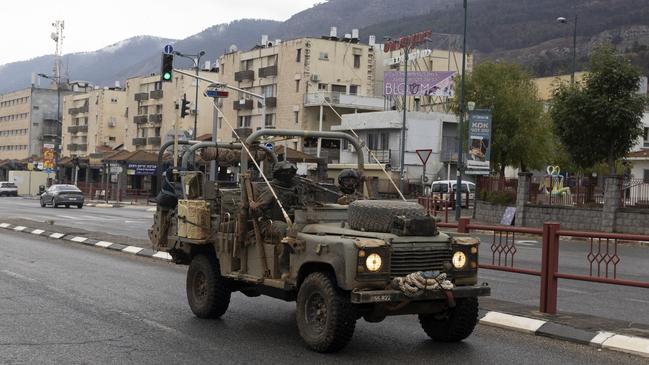
An Egyptian negotiating team was in Tel Aviv this week to probe possibilities for Gaza’s future.
Still, Israel appears to be in no rush to get out of Gaza.
The government has set the goals of destroying Hamas’s military and governing capabilities, and ensuring the Gaza Strip won’t be a threat to Israel in the future.
To do this, Israeli officials say the military will need to potentially spend years inside Gaza fighting a Hamas insurgency to ensure the group can never return to power.
“We are not at the end of the beginning,” said Avi Dichter, Israel’s agriculture minister, a member of the security cabinet. “But we are definitely not at the beginning of the end, because we still have a lot of work to do.” —Summer Said and Jared Malsin contributed to this article.
The Wall Street Journal


